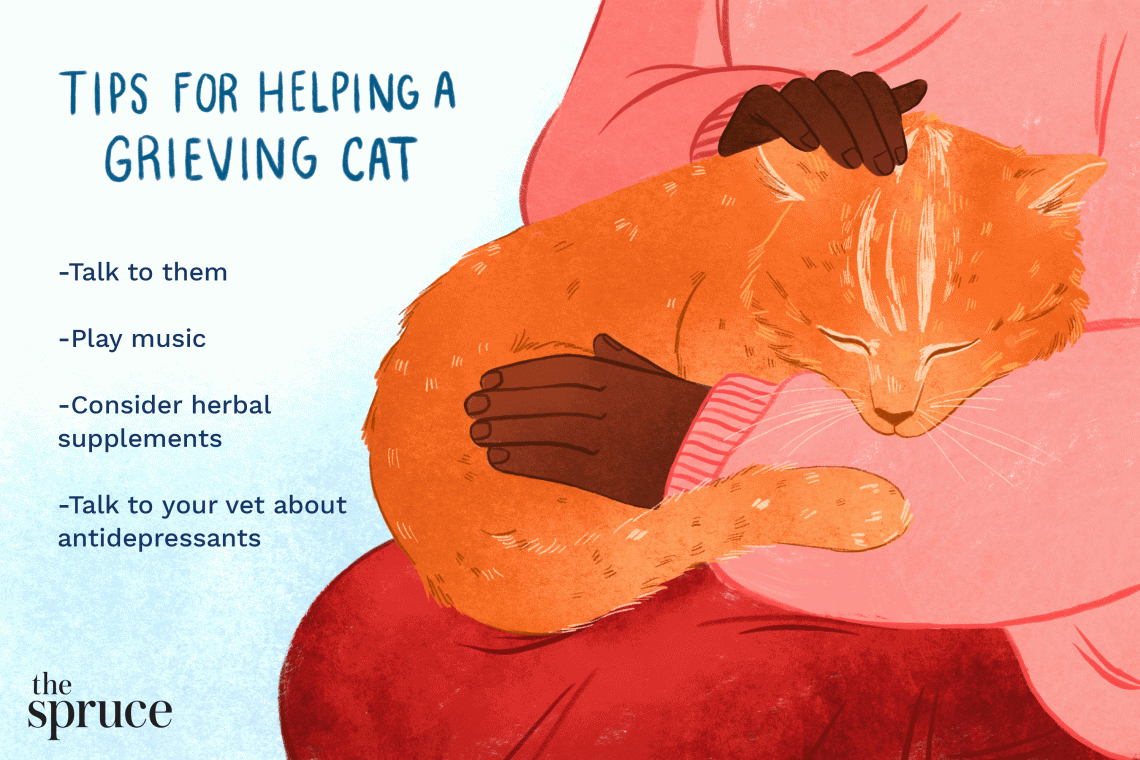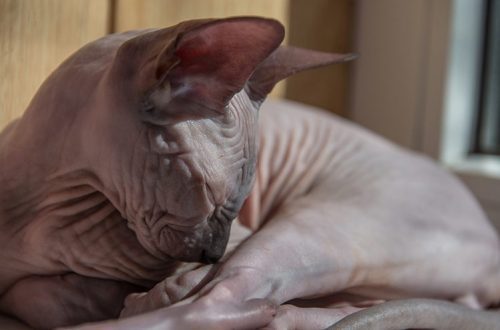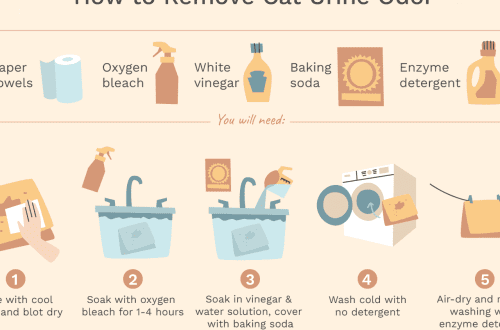
How to help a cat cope with loss?
Little is said about the grief experienced by a cat, and mainly because cats are considered independent animals that have retained most of their wild nature. But a cat’s behavior does change after the death of another cat, although sometimes it’s hard to understand.
If the animals are closely related, they are more likely to be upset by the loss of a mate. Even those pets that constantly fight can be upset by the loss of a cat with whom they were at enmity. No one will ever know if the cat understands what death is, but she certainly knows that her roommate has disappeared and something has changed in the house. The owner’s feelings about the loss of a pet can also be transferred to the cat, which further increases the turmoil that she experiences.
Signs of longing
In fact, it is impossible to predict how a cat will behave after the death of a companion. Some are unaffected, and some may even seem pleased when their neighbor disappears. Others stop eating and lose interest in everything around them – they just sit and look at one point, their condition seems to be very depressed. In some animals, after the death of a comrade, personality traits or behavioral habits change – the cat is sad.
While there hasn’t been much research done on how cats deal with bereavement, a survey by the American Society for the Prevention of Cruelty to Animals found that cats eat less, sleep more, and become louder after bereavement. Fortunately, according to the results of observations of 160 families, all pets who lost a comrade fully recovered within about six months.
How can we help?
There are several things you can do to help your cat accept a loss. Keeping changes to a minimum gives your pet time to come to terms with the loss of a companion cat. Keep the same daily routine. Changing feeding times or simply rearranging furniture can cause her additional stress. A sad cat may refuse food. But an animal that does not eat for several days is at risk of a deadly disease – liver lipidosis. Encourage your cat to eat by slightly warming the food or adding water or meat juice to it. Sit next to your pet while she is eating so that she is calmer. Resist the urge to change her diet to whet her appetite, as this can cause indigestion. If the animal does not eat within three days, seek the advice of a veterinarian.
pay attention
Spend more time with your cat, brush it, pet it, and play with it. This will give your pet positive emotions with any changes in the house that she feels. Don’t try to get a new pet right away. Although your cat will miss a long-term companion, she is unlikely to be happy with a stranger if she is still distressed by the loss. At such a time, a new cat will only become an additional source of stress. Like many other animals, a cat needs time to sniff the dead body of a comrade. This can become a necessary part of experiencing loss. So it might be beneficial to bring the body of the euthanized cat home rather than have it cremated by a veterinarian. Whenever there is a sudden change in behavior, the veterinarian should examine the cat for any underlying medical problem. An animal psychologist can help with unresolved behavioral problems.





